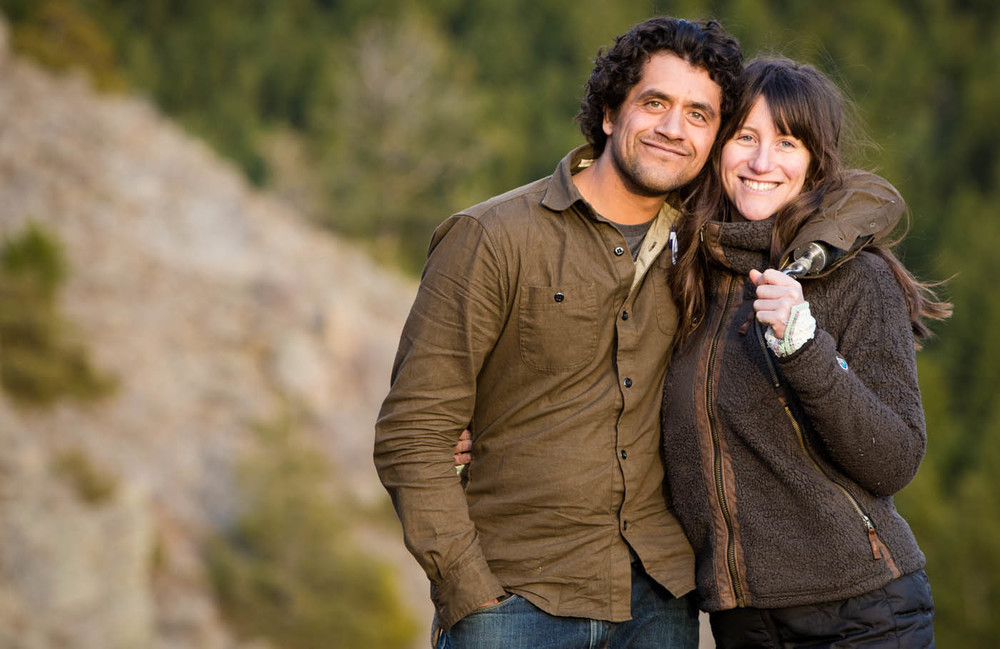I don’t generally eat insects, except on the rare occasion when that green worm that lives in the arugula makes its way from the garden to my salad. And then, it is that squishy, uncomfortable mouth feeling that causes shudders and elicits laughter (and closer inspection of their own greens) from friends around the dinner table. Accidental entomophagy — the eating of insects — aside, I wonder why such an easy and abundant source of protein remains stubbornly taboo on the western plate.
A 2013 United Nations report, "Edible Insects: Future Prospects for Food and Feed Security," notes that insects are part of the traditional diet for nearly 2 billion people who utilize close to 2000 species as food. The subject of entomophagy has been popping up with greater frequency over the past decade in the U.S. (Well, at least in the Bay Area. I have recently learned not to extrapolate local experience for national reality.) We encounter youngsters daring us to try a “new” delicacy at street fairs or on sunny days in the park. Hmmm, crunchy and a little nutty…

Coinciding with the rise of gluten-free cooking, more packaged products (protein bars, pasta) are being produced with cricket flour. Moving away from the fringe and toward the culinary mainstream more traditional recipes (from Mexico, Thailand, Botswana and beyond) are being passed around for adventurous eaters to try — usually deep-fried — beetles, ants and crickets, among a host of other insects.
This persistent chirp will get louder when the SF DocFest (May 31 - June 15, 2017) kicks off its 16th anniversary at the Roxie, Vogue and New Mission theaters. The festival opens with the world premiere of Corbett Redford’s Turn It Around: The Story of East Bay Punk, and features films that document huge swaths of real life, from art to activism to the environment and beyond. The festival features two food-related documentaries: Charged, the miraculous story of chef Eduardo Garcia's recovery from electrocution and The Gateway Bug, the reason I am contemplating eating insects (again).
While Johanna B. Kelly's The Gateway Bug (Saturday, June 10, 9:15pm, Vogue Theater; Tuesday, June 13, 9:30pm, Roxie Theater) outlines the efforts of several (most notably young) entrepreneurs to produce and package insect protein in acceptable edible form for humans, its real subject is denial. It has been evident for decades that current farming, ranching and fishing practices that produce large amounts of greenhouse gasses, food stream waste and pollution will not be up to the task of effectively feeding a population projected at over 9 billion by mid-2050. “The conversation about re-examining our assumptions around what food is is something we had to have 45 years ago, and we didn’t. So, now we’ve got to be responsible adults and have the conversation that our parents didn’t have.” So says, Big Cricket Farm founder Kevin Bachhuber, whose story is interwoven with a cast of other millennials attempting to address the need for sustainable calorie production for the future.
